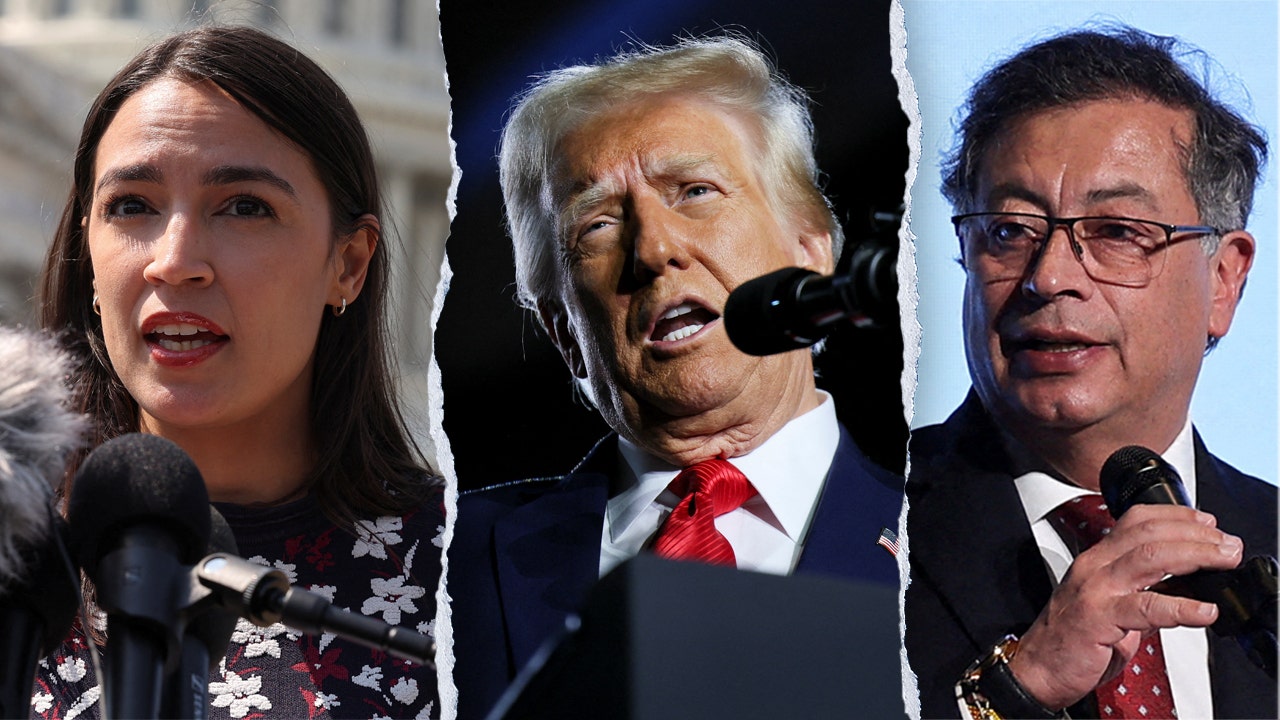The AOC comment and her misguided aplomb attitude which was supported by the Columbian president. I wish to draw attention to an important few sentences of text within by the journalist in the article which encapsulates to a lesser degree what I have stated here in a similar manner, that of how tariffs function, at least technically; which I admit can emit a lugubrious (often misplaced) sentiment.
Now, there is more to this definition but even if the author wanted to provide deeper details, she is limited in her scope of the article, space and time to publish it of course. In this example it is coffee which is a product not produced in the U.S I presume, so the example given in the article is most accurate. However,
if it were a product that could be manufactured in the U.S it would have the same effect, local companies would be able to compete at a similar price point IF the importer decided to pass on all of the tariff to the consumer and thus a domestic company might consider entering the market (or foreign company shifts jobs to the U.S) as the profit margins might be there.
So, assuming a tariff gives a big advantage to the local manufacturer, the bigger the tariff, the larger a foreign manufacturer must cut into their profit margins to maintain market share and the wider the degree of incentive a domestic sourced employer can leverage to try and enter the market and compete with the foreign company.
As coffee isn't produced in America it would open up the same competitive advantage but in this instance it would come from other nations who also produce coffee.
From the article:
"While tariffs do have the potential to inflate prices, the importer, which is the company or entity bringing the goods into the U.S., will pay the actual tariff to U.S. Customs and Border Protection (CBP).
C
But inflated prices are not guaranteed – sometimes, tariffs can reduce the world price of an object as suppliers rush to retain access to the large U.S. market. It is possible that coffee suppliers in different countries, such as Vietnam and Brazil – which produce more coffee than Colombia – would lower or maintain their prices."
Rep. Alexandria Ocasio-Cortez, D-N.Y., voiced her concerns about tariffs on Colombian imports that Trump has proposed, claiming they would hurt Americans.

www.foxnews.com

www.foxnews.com


